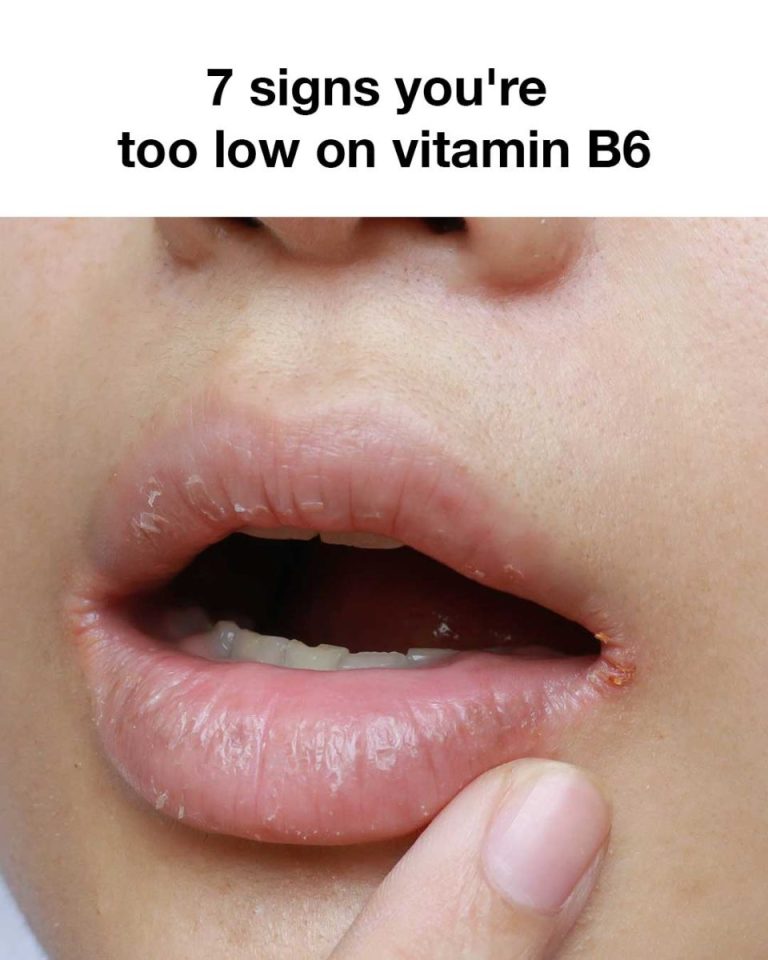
Vitamin B6 is a crucial nutrient that plays a fundamental role in a variety of bodily functions, including metabolism, brain development, and immune system regulation. Despite its importance, it’s relatively common for people to be deficient in this vitamin, which can lead to a range of health issues. Identifying the signs of vitamin B6 deficiency is essential for maintaining overall well-being.
Reading the rest of this article will help you understand the key indicators of vitamin B6 deficiency, which often go unnoticed until they become severe. By recognizing these signs early, you can take proactive measures to correct your diet and lifestyle, thereby improving your health. This comprehensive guide will provide detailed insights that are both informative and actionable.
1. Unusual Skin Rashes
Vitamin B6 deficiency can result in a condition known as seborrheic dermatitis, characterized by red, itchy rashes, often found on the face, neck, and scalp. These rashes may persist despite the use of skin treatments and creams.
2. Cracked and Sore Lips
A common physical symptom of low vitamin B6 levels is angular cheilitis, which involves cracking, swelling, and soreness at the corners of your lips. This can make simple actions like smiling or eating quite painful.
3. Mood Changes
Vitamin B6 is closely linked to the production of neurotransmitters such as serotonin and dopamine. A deficiency can lead to mood swings, irritability, anxiety, and even depression.
4. Fatigue and Low Energy
Vitamin B6 helps in the creation of hemoglobin, which carries oxygen in your blood. Without enough of it, you might feel unusually tired, weak, or have low energy levels even after a good night’s sleep.
5. Cognitive Issues
Shortages in vitamin B6 can contribute to confusion, difficulty concentrating, and problems with memory. This is because vitamin B6 is vital for brain health and cognitive functions.
6. Weakened Immune System
A lack of vitamin B6 can weaken your immune system, making you more susceptible to infections and illnesses. This happens because vitamin B6 is essential for the production of lymphocytes, which are vital for immune responses.
7. Tingling and Numbness
Low levels of vitamin B6 can cause nerve damage, leading to a sensation of tingling or numbness in your hands and feet. This condition is known as peripheral neuropathy and can become quite severe if left untreated.

